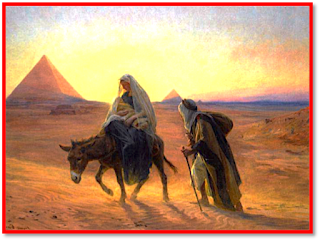Today we read Matthew’s account of the death of Jesus; yes it
is the long Gospel but we should not miss out on the journey that spending time
with this account offers. As you read perhaps you might notice the various
characters and their roles, their words and actions. A good question to ask as
we enter into this text is “Where do I
stand”? Are you looking on as a bystander, are you in the group of
disciples or some other character: Pilate? Pilate’s wife? Perhaps it is a more
difficult journey as you relate to Jesus in the Garden of Gethsemane, a Jesus
who is ‘grieved’ because of many things: isolation, the disappointment he must
feel because of the abandonment of his friends, betrayal, loneliness, mocking,
torture? This is not an easy journey. We know the story does not end here, but
for this week we enter into the reality of betrayal, trial, suffering and
death.
We might remember today those who stand for justice, those
who are counter-cultural, those who stand against oppressive systems even
though the path is often dangerous and lonely. We might recall times we felt
betrayed, abandoned or times we were in despair.
Try to return to this text during the week, perhaps reading a
small section each day as we continue to ask ourselves: “Where do I stand?”










